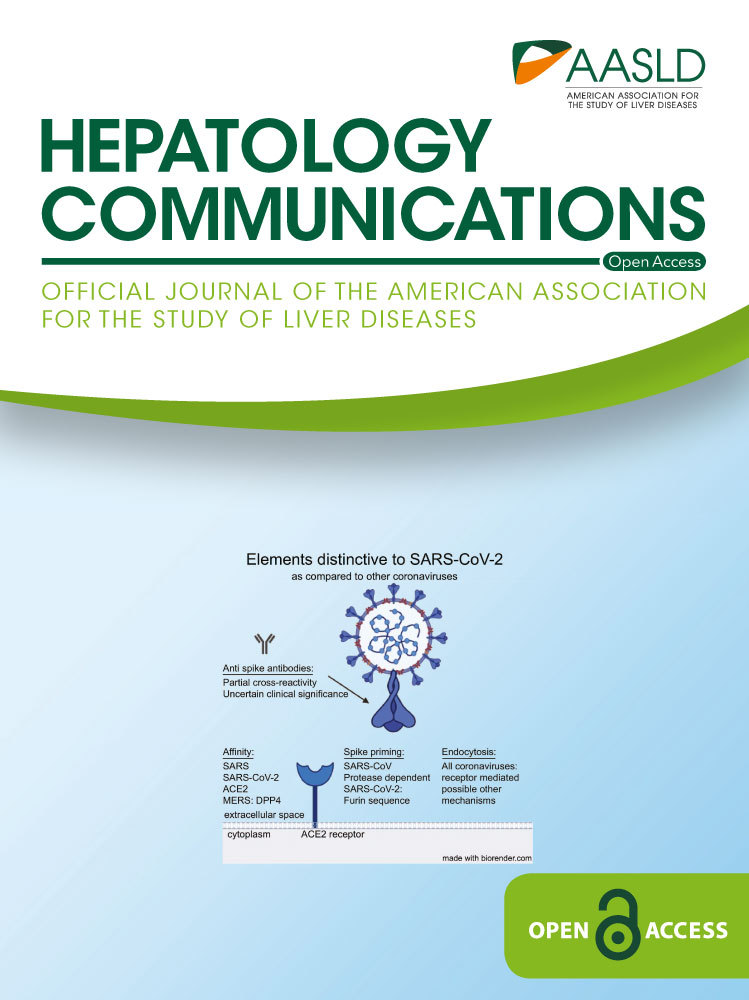Reply
Potential conflict of interest: Dr. Khalili consults for and received grants from Gilead Sciences Inc.; she received grants from Intercept Pharmaceutical. Dr. Powell received grants from Gilead Sciences, Inc.
We thank Harney et al. for their correspondence about our study. They remind us that open access to health care (e.g., in Australia) does not always mean equal access to health care. Similarly, despite the expansion of health insurance coverage following the implementation of the Affordable Care Act, hepatitis C virus (HCV) care remains suboptimal in the vulnerable populations in the United States. Indeed, we have shown that despite near universal screening for HCV in a birth cohort receiving care within a safety net health system, less than a quarter of patients infected with HCV were started on HCV treatment.(1) Structured and multidisciplinary approaches to HCV care with input from key stakeholders, including patients,(2) are therefore required to meet the needs of the homeless populations infected with HCV. Based on these findings, we have successfully implemented an integrated model of on-site shelter-based HCV testing, education, and treatment to scale up HCV care in the homeless shelters across two urban and geographically diverse cities.
Recently, the coronavirus disease 2019 (COVID-19) pandemic has highlighted the existing health disparities among the vulnerable groups in the United States. The pandemic and its associated mitigation strategies have resulted in adverse psychosocial, behavioral (including substance use), and socioeconomic impacts. Moreover, those with underlying chronic conditions, minorities, and individuals who are economically disadvantaged have experienced an increased risk for COVID-19-related morbidity and mortality.(3) Strategies to mitigate health inequities are therefore urgent to prevent adverse outcomes, improve care delivery models, and ensure equitable access, particularly among the vulnerable patients with unique barriers to health care engagement. Providers, health systems, government and public health agencies, policymakers, and the community must come together to address the complex drivers of health disparity among the vulnerable. Contextually appropriate and sustainable processes are therefore required to have meaningful impact on HCV elimination among our most vulnerable groups, namely, the patients who are homeless.




